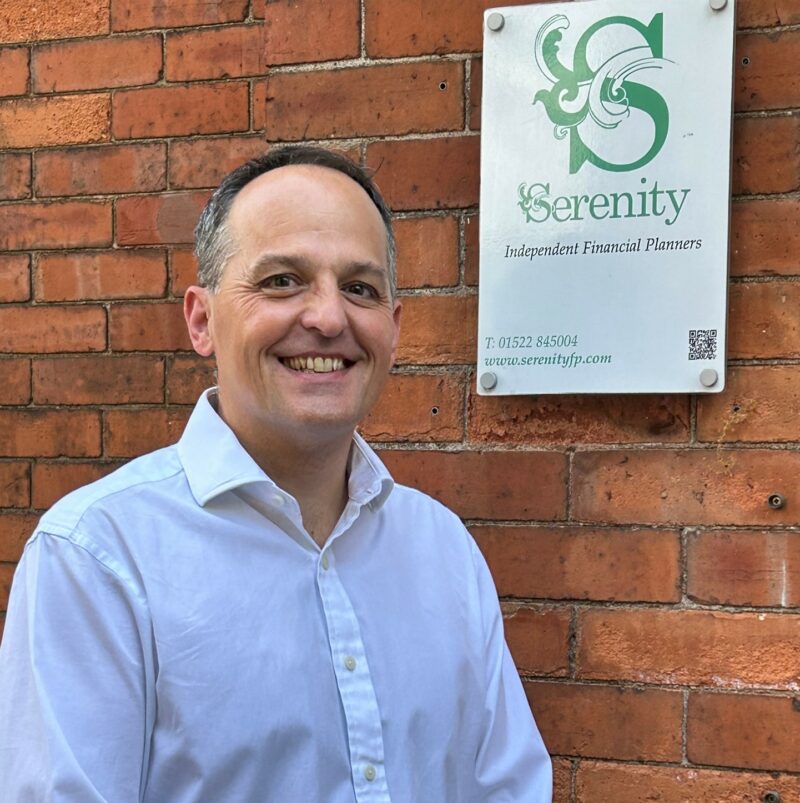Whilst most of the world is in lockdown, our priority is on keeping ourselves and our families safe and well. Many of us are adapting to new daily routines as we try to limit the spread of this pernicious COVID-19 virus.
In most cases, this has brought out the best in people as communities look out for one another and we clap for our many keyworkers who put themselves in danger to protect us.
Sadly, it has brought out the worst in some as unscrupulous individuals look to take advantage of our fears over our money and exploit the current uncertainty as part of their scam tactics.
Scams usually begin with unsolicited contact. This could be a phone call, a text message or an email out of the blue. Be extremely wary of unsolicited contact. Never click on links, download attachments, software or let anyone remotely log into your computer following a call or email you’ve received out of the blue.
Your bank will never ask you for your full PIN or password, card reader codes, or ask you to move money from your account so refuse and call your bank using the number on the back of your debit card or a number you trust. If possible, call the bank from a different phone or mobile.
Scammers often target those who are more vulnerable such as the elderly so if any of this happens to you, tell a member of your family or a friend. There is no shame in admitting you’ve succumbed to a scammers will, they can be very convincing.
Here are some common scams:
Offers and deals
Here, the old adage ‘if it sounds too good to be true, it probably is’ applies. If you’re approached by anyone offering a great deal be very cautious especially anything to do with coronavirus as scammers try to get their hands on your money or personal details.
Examples include:
- Offers of free facemasks, vaccines or access to a testing kit
- Calls claiming to be from the Centre For Disease Control and Prevention (CDC) or the World Health Organisation (WHO)
- Requests for donations towards a cure for coronavirus or payments for essential coronavirus information.
- Requests for Bitcoin payments.
- Offers of a tax refund from HMRC
*Pensions*
When markets fall in value and with interest rates are around 1% or less, investors are much more vulnerable to falling victim to scammers offering unrealistically high rates of return. While this may feel like an unsettling time, the best course of action is not to panic. By all means, consider your options, but when it comes to investments, decisions made in haste and under stress are rarely good ones.
Be wary of an offer of a ‘free’ pension review. The only way to get a proper review of your pension is to consult a regulated financial adviser or obtain basic guidance on your options from the government’s Pension Wise or the Pensions Advisory Services.
Offers to ‘unlock’ cash in your pension may seem tempting when you’re at your most financially vulnerable. However, you can’t normally access your pension before the age of 55 unless you’re in poor health or you have a ‘protected’ pension age of less than 55. Speak to your pension scheme or pension provider if this is the case rather than someone offering to ‘unlock’ your pension.
If you’re over 55, then you’re free to take your whole defined contribution pension fund (based on how much is paid in) with up to a quarter tax-free. You don’t normally need anyone’s help to do this – just speak to your pension scheme or provider who will explain what steps you need to take but proceed with care, there can be tax consequences if you take the entire fund in one go.
If your pension is a defined benefit pension (often called a Final Salary pension) you should speak to your pension scheme or the trustees. They’ll explain whether you can take your pension and tax-free lump sum early or whether you’ll have to transfer to a defined contribution pension to do so. If it’s the latter, you’ll need to take regulated financial advice in most cases.
There are too many cases where scammers have transferred pensions into another pension scheme that has failed or the value completely lost only to then receive a tax charge from HMRC of up to 40% of the funds withdrawn as a penalty for unauthorised early access of the pension.
*Investments*
One of the most common pitches is for scammers to propose a way to improve your investments’ performance. When interest rates are around 1% or less, a 6% ‘guaranteed’ return will sound great.
Any offer of new investment opportunities and ‘guaranteed’ returns may sound tempting but how is it possible to ‘guarantee’ high returns when interest rates are around 1%?
The ‘investment’ opportunity will typically be in something unusual such as property development, hotel rooms, student accommodation or quirky schemes both in the UK and abroad and the risk of a permanent loss is high.
If you want investment advice and you’re not a confident investor, make an appointment with a regulated financial adviser.
Cold callers pretend they’re calling from a genuine number. Even if the call appears to be a genuine number, it could have been cloned by a scammer. Hang up on cold callers and don’t reply to emails and texts, even if you feel under pressure to do so.




